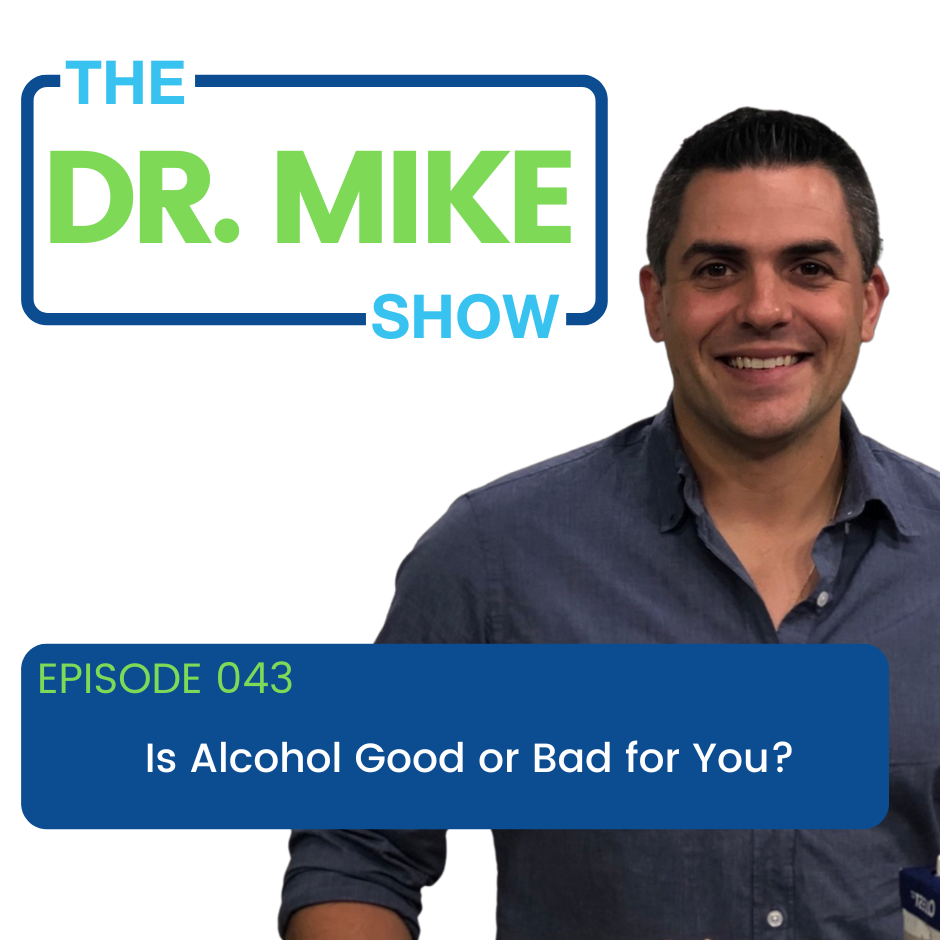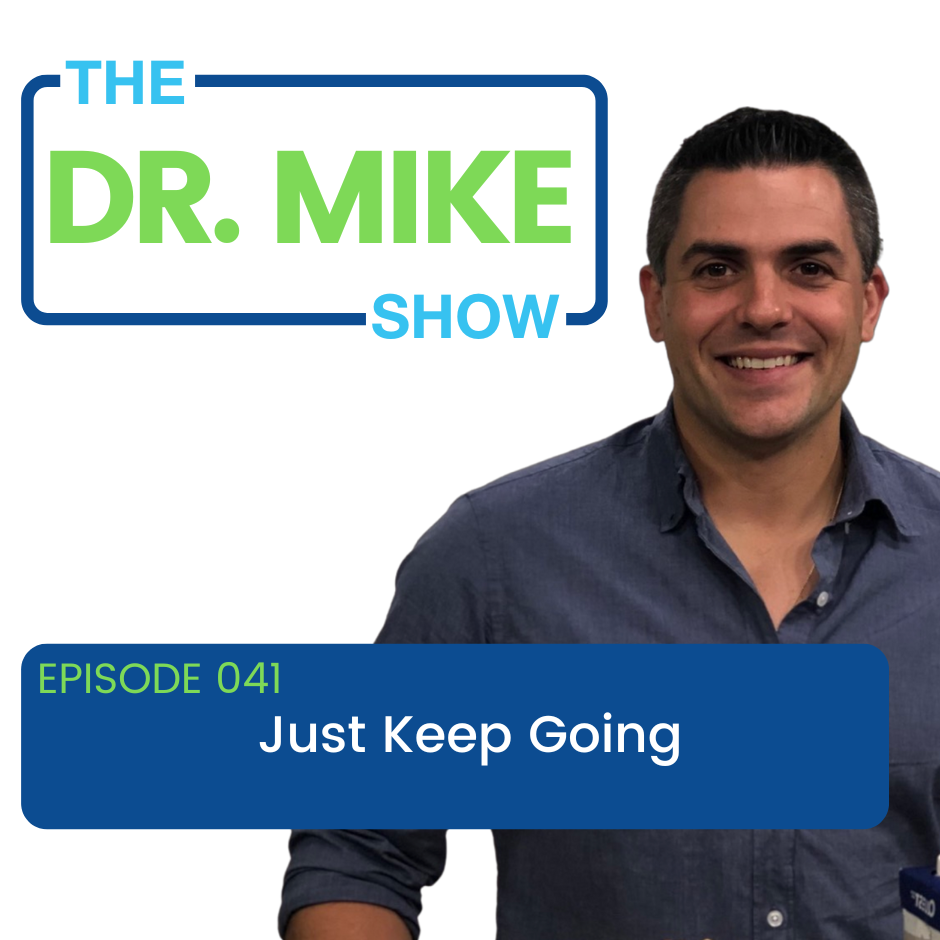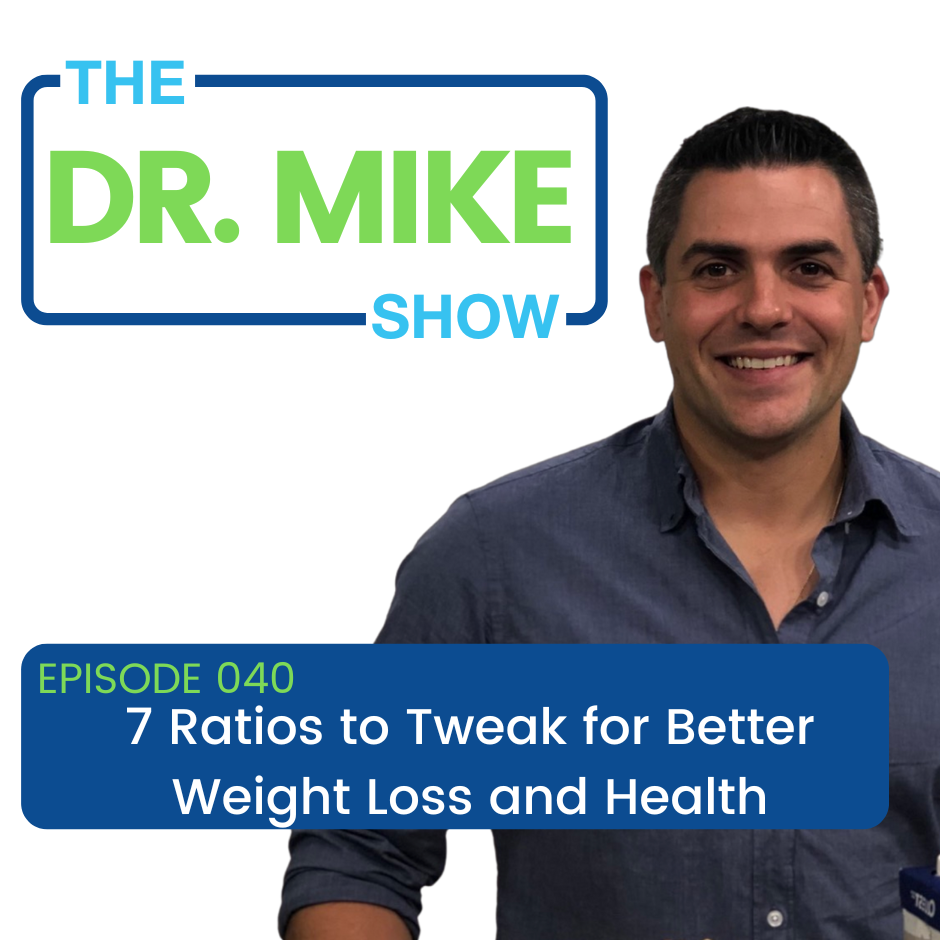Last time I started talking about fasting for weight loss. In today’s post we’ll look at a guy who fasted for over a year, some of the dangers associated with fasting, and how to structure your fasting properly so you can maximize weight loss and minimize the negative effects.
He Didn’t Eat for 382 Days
In 1970, a 27 year old man is Scotland fasted for 382 days as a final attempt to lose weight (he weighted 456lbs). After his fast (yes, he didn’t eat for 382 straight days) he weighted 180lbs. This was the noted by the Guinness Book of Records as the longest fast ever (I’m not sure if it is still the record). 5 years following this drastic weight loss method the man had maintained his weight loss.
A couple things about this incredible feat. It was done under close medical supervision. He was tested and monitored for nutrient deficiencies and metabolic abnormalities throughout the fast. He was given a multivitamin throughout as well as some potassium and sodium (on a couple different occasions) to keep his system running in top shape (or as ‘top’ shape as he could be without eating).
Personally…I think this was crazy. You may or may not agree (I’d like to hear what you think).
Fasting for Weight Loss – Negative and How To Avoid It
This kind of extreme fasting ‘worked’ for this person partly because he had some much weight to lose. In my last post about fasting I noted that it is important to know the difference between fasting and starvation. This guy was pretty close to starvation.
As with overnutrition (being fat), undernutrition (starving, ill advised prolonged fasting, etc) comes with a handful of health risks.
- Vitamin and Mineral Deficiencies
- Lactic Acidosis
- Ventricular Fibrillation
- Sudden Death (this can occur during refeeding as well)
These can be more or less avoided by curbing the length of your fast. Instead of using prolonged fasting (like the crazy Scotsman above), use intermittent fasting. This is what is recommended by Brad Pilon author of “Eat Stop Eat” (I met Brad about a year ago, he’s smart and a nice guy as well). Brad recommends fasting from 2pm one day to 2pm the next 2 days a week. This way you never go an entire day without food (and nutrients). The 2-2-2 (2pm to 2pm 2x a week) approach should squash any issue with the above concerns.
Another concern that some researchers (and I) have about fasting is the rebound effect. As I talked about last time in regards to Ramadan, just because you are fasting that doesn’t mean that you are eating less total calories.
However a pretty interesting study from the International Journal of Obesity showed that after a 36hour fast (wake up and don’t eat until the next morning) the subjects didn’t overcompensate enough during the 24 hours post fast to accommodate for the caloric burn from the fast.
What they found was that the first post meal fast was a high fat meal (self selected by the subjects). That wiped out their hunger cravings. So it seems like you can curb the caloric punch of your rebound feast by opting for higher fat foods. This will help with damage control.
In the final part in this fasting for weight loss series (which I’ll most likely post on Thursday) I’ll discuss/reveal my opinion on fasting diets and their role in weight loss.
If this discussion about about fasting for weight loss has got you considering adding the occational fast to your back of tricks…don’t try it without reading Eat Stop Eat first as it will allow you to skip the fasting learning curve.





